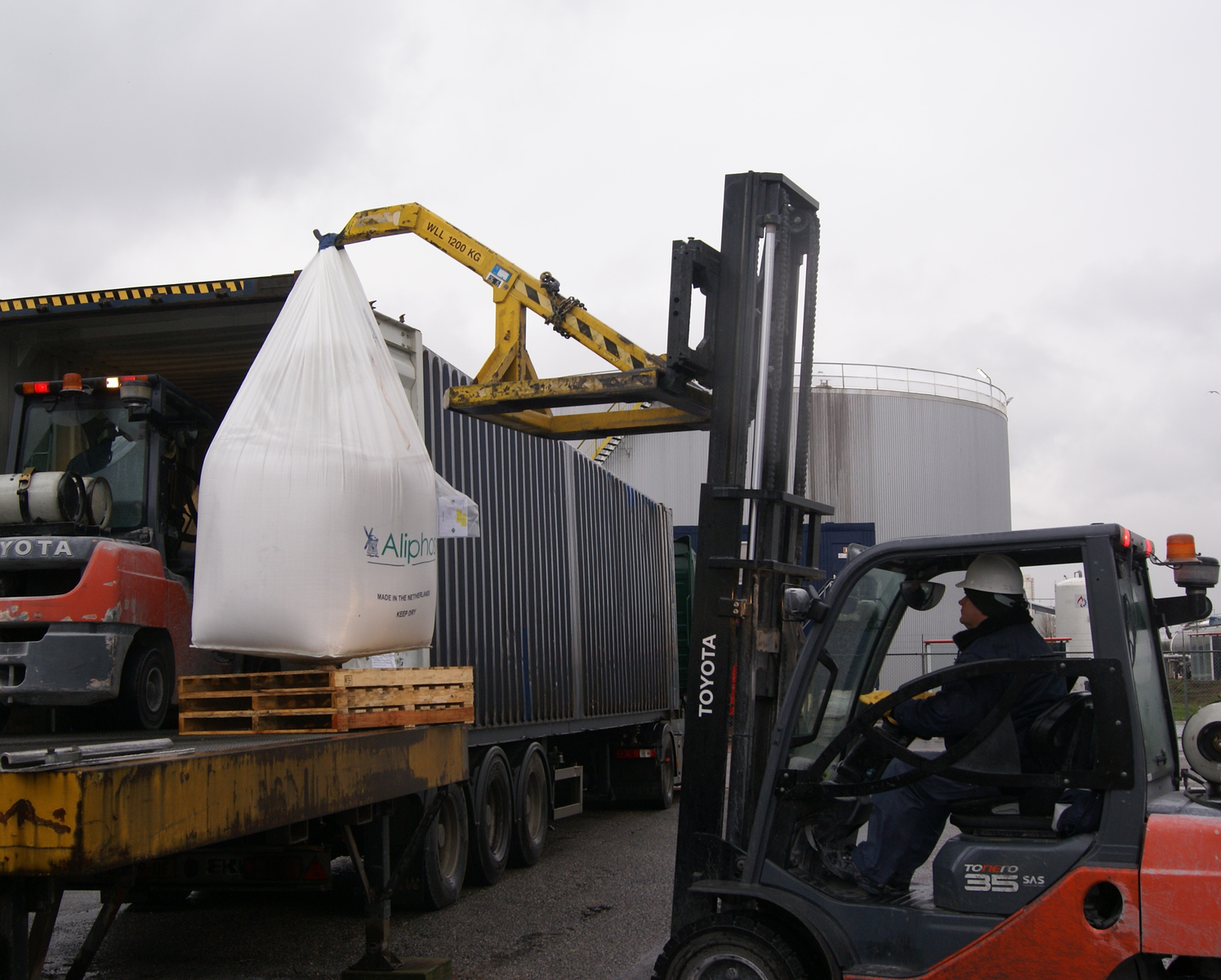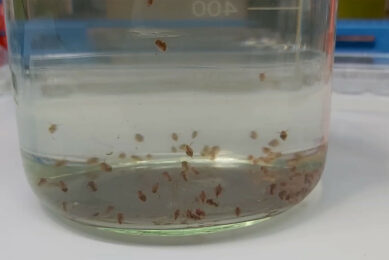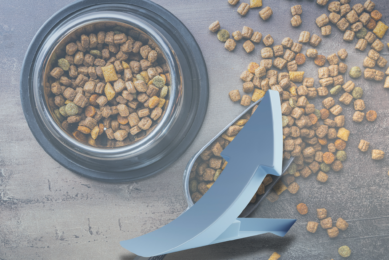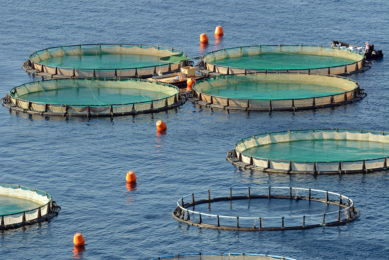Aliphos to build new feed phosphate plant in France

The Dutch feed phosphate producer Aliphos, part of the Belgian Ecophos Group since March 1st 2014, will soon start construction of a completely new production plant for feed phosphates. The plant will be located in Dunkirk, France. It is due to be operational in 2017 with a total capacity of 220,000 tonnes per year.
Aliphos currently has two production plants for feed grade phosphates: one in Rotterdam and one in Bulgaria. With the additional plant in France, the total production of feed phosphates by Aliphos will reach 520,000 metric tonnes. The ambition of the company is to produce worldwide one million tonnes of feed phosphates per year within five years from now. The total investment in the new French plant is €60 million. On this location, the company will produce crystalline dihydrate dicalcium phosphate (DCP), by using the Ecophos process. This generates a pure and better digestible product.
Phosphates from waste
“This production technique that we will use in France means that we can extract phosphates from phosphates rocks containing relatively low value phosphate. This rock source is available in large quantities, meaning that we are not challenging the high grade phosphate sources we have on this planet,” says Frank Ruyseveldt, sales and marketing director at Aliphos. Most other companies use phosphate rock with high phosphate content by solving them in sulphuric acid. This generates more waste and is less sustainable. But the company wants to use the technology of the mother company Ecophos in the future. Aliphos wants to utilise this technique to extract phosphate from secondary sources (such as ashes from sewage) to recycle the phosphate back into different types of phosphates. This way, the wasted phosphorus can be recuperated.
Whopping growth in aquafeed
The new applications (and hence the new equipment) are not the only reason that Aliphos is building a new production facility. The company simply wants to increase capacity for the growing demand. “We see an increased demand for feed phosphates on a global level. Even though the enzyme phytase (to utilise more phosphorus from plant materials) is gaining grounds, the need to supply animals with feed phosphates is still there,” explains Sjo Zwart, technical manager feed ingredients at Aliphos. The company sees particular growth in the use of feed phosphates in aquafeed. “The inclusion rates of fish meal have come down considerably and today’s fish diets contain a large share of plant based ingredients. The utilisation of the phosphorus in fish meal is relatively high, but only a small amount of the phosphorus from plants can be utilised by the fish. This explains the need to supplement additional inorganic phosphates to fish, to secure growth and health,” says Zwart. The company also sees shifts in the use of feed phosphates on a global level. Zwart: “We see growth in Asia, South America and North Africa. Growth in Europe is limited, except the use in salmon diets that are produced and used in Northern Europe.”
As of March 1st this year, Aliphos became part of the Belgium Ecophos Group, which was founded in 1996. Previous, Aliphos was part of the Tessenderlo Group.











